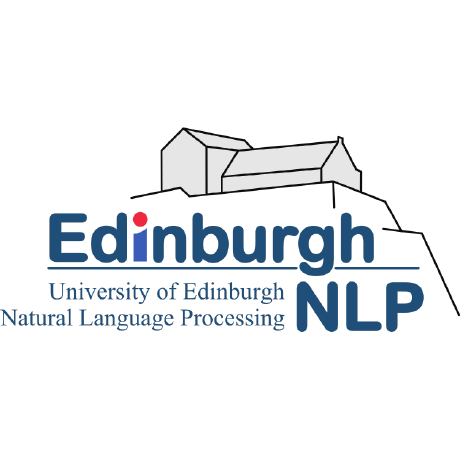Discover and explore top open-source AI tools and projects—updated daily.
semantic_uncertainty by  jlko
jlko
Code for reproducing semantic uncertainty research paper experiments
Top 71.8% on SourcePulse
This repository provides code to reproduce experiments on detecting hallucinations in Large Language Models (LLMs) using semantic entropy. It targets researchers and practitioners working with LLMs who need to evaluate and mitigate model-generated inaccuracies. The primary benefit is a reproducible framework for quantifying and identifying LLM hallucinations.
How It Works
The project implements a semantic entropy metric to measure uncertainty in LLM outputs. It samples responses and their likelihoods/hidden states from various LLMs across different datasets. Uncertainty measures are then computed from these outputs, followed by an analysis of aggregate performance metrics. This approach allows for a quantitative assessment of an LLM's tendency to "hallucinate" or generate factually incorrect information.
Quick Start & Requirements
- Install:
conda env update -f environment.yamlfollowed byconda activate semantic_uncertainty. - Prerequisites: Python 3.11, PyTorch 2.1, Conda, Weights & Biases (wandb) account and API key, Hugging Face account and token (potentially requiring access for LLaMa-2 models), OpenAI API key for sentence-length experiments.
- Hardware: Modern CPU (e.g., Intel 10th gen), 16GB+ RAM. Crucially, one or more NVIDIA GPUs are required for feasible runtime. GPU memory requirements scale with LLM size (7B models: 24GB GPU; 13B models: 80GB GPU; 70B models: 2x80GB GPUs).
float16orint8precision can reduce memory needs. - Setup Time: Approximately 15 minutes for environment setup.
- Links: Conda, Weights & Biases, Hugging Face, OpenAI API.
Highlighted Details
- Reproduces experiments from a Nature submission on semantic uncertainty.
- Supports multiple LLMs (Llama-2, Falcon, Mistral) and datasets (TriviaQA, SQuAD, BioASQ, NQ).
- Includes scripts for response generation, uncertainty computation, and result analysis.
- Demo run on Llama-2 Chat (7B) on TriviaQA is estimated at 1 hour with specific hardware.
Maintenance & Community
The repository builds upon a previous, now deprecated, codebase. No specific community channels or active maintenance signals are mentioned in the README.
Licensing & Compatibility
The repository's license is not explicitly stated in the README. Compatibility with commercial or closed-source projects is not discussed.
Limitations & Caveats
The project relies heavily on specific versions of Python and PyTorch, and the README advises against using the exact environment export. Reproducing sentence-length experiments requires using the OpenAI API, incurring costs. Manual data download is required for the BioASQ dataset.
1 year ago
Inactive

 IAAR-Shanghai
IAAR-Shanghai obalcells
obalcells klara-research
klara-research irthomasthomas
irthomasthomas shikiw
shikiw RUCAIBox
RUCAIBox IINemo
IINemo voidism
voidism potsawee
potsawee EdinburghNLP
EdinburghNLP vectara
vectara openai
openai